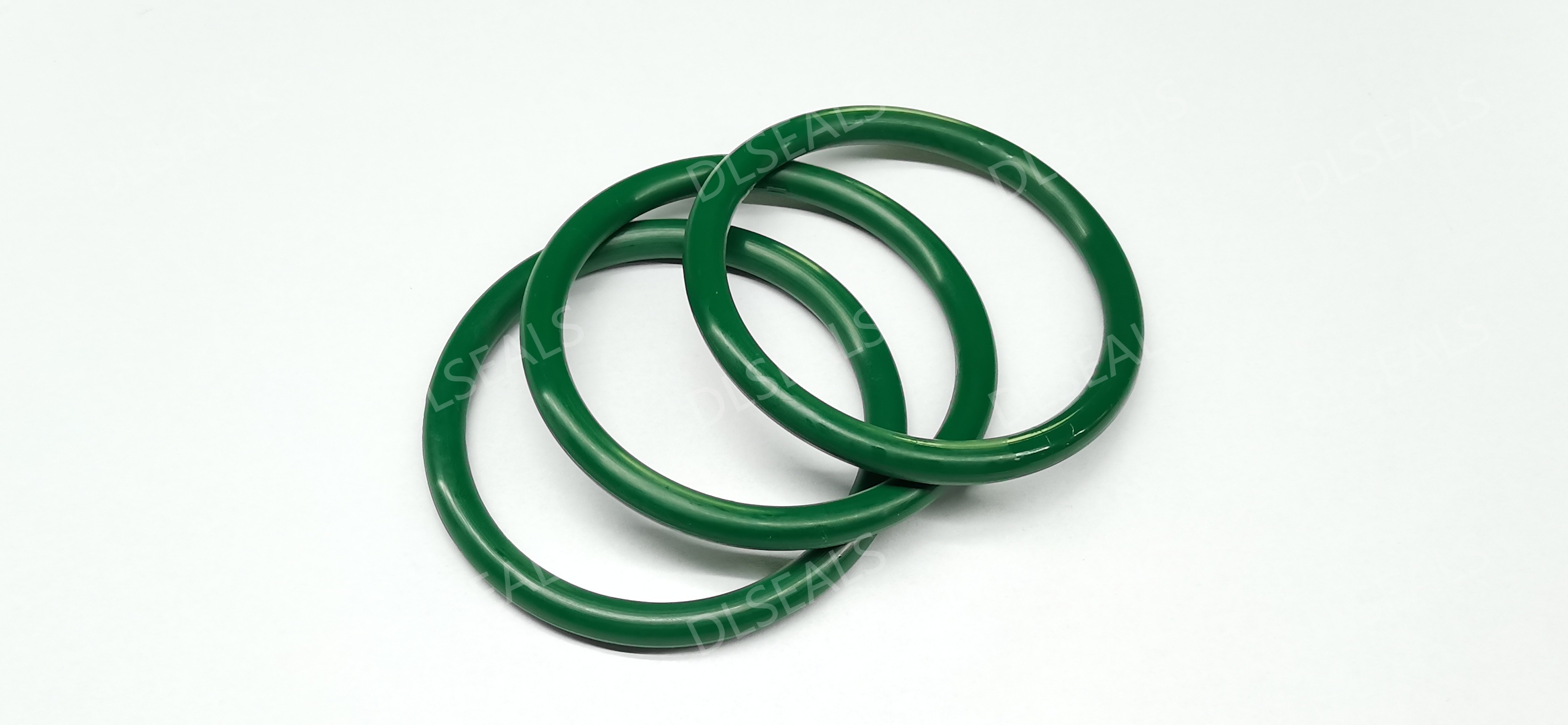News
A2024-10-11

Sealing technology is a vital part of mechanical engineering and equipment design. Different types of seals have significant differences in performance, applicable occasions and cost. This article will focus on comparing the advantages and disadvantages of rubber seals compared to other common sealing technologies such as metal seals, plastic seals and foam seals to help designers and engineers choose the appropriate sealing solution.
1. Characteristics of rubber seals
advantage:
Good elasticity and resilience: Rubber seals have excellent elasticity and can effectively fill the gap between contact surfaces to form a good sealing effect.
Reduce noise and vibration: Rubber materials can effectively absorb vibration and reduce noise, so they are suitable for industries with strict noise requirements.
Material diversity: Different types of rubber (such as fluorine rubber, silicone rubber, hydrogenated nitrile, etc.) can be selected according to specific working conditions to adapt to requirements such as high temperature, low temperature, oil resistance and corrosion resistance.
shortcoming:
Insufficient temperature and oil resistance: General rubber seals are prone to aging and failure in high temperature, high pressure or oil environments, so it is necessary to choose rubber materials with special oil and high temperature resistance.
Easily worn: Under certain conditions, rubber seals may wear due to friction, chemical corrosion, etc.
2. Metal seals
advantage:
High temperature resistance and corrosion resistance: Metal seals perform well under high temperatures and high pressures and are suitable for extreme working conditions.
Long life: Metal seals generally have a longer service life and better wear resistance than rubber seals.
shortcoming:
Difficult to install: Metal seals often require more complex installation tools and techniques.
Higher Cost: Metal seals generally have higher manufacturing and material costs relative to rubber seals.
Heavier: Metal seals are heavier and may impact overall weight control in some areas.
3. Plastic seals
advantage:
Lightweight: Plastic seals are generally lightweight, contributing to the lightweight design of the overall device.
Cost-effectiveness: Compared with metal and rubber seals, plastic seals are cheaper to manufacture and suitable for mass production.
Chemical resistance: Certain plastic seals (such as PTFE) have excellent corrosion resistance and are suitable for corrosive environments.
shortcoming:
Weak strength and heat resistance: Some plastic seals perform relatively poorly under high temperatures and pressures.
Deformability: Plastic materials may deform under long-term load conditions, affecting sealing performance.
4. Foam seals
advantage:
Excellent cushioning effect: Foam materials have good physical properties and can effectively absorb shock and vibration.
Lightweight and low cost: Foam seals are generally lightweight and have relatively low material costs, making them suitable for low-cost applications.
shortcoming:
Poor durability: Foam materials are easily affected by the environment (such as humidity, temperature changes, chemical corrosion, etc.) and age, affecting their service life.
Limited sealing performance: Compared to rubber seals, foam seals have poor sealing performance in high-pressure and high-temperature environments.
5. Summary and selection suggestions
When selecting a suitable seal, the following factors should be considered:
Working environment: temperature range, pressure, medium properties (whether oily or corrosive) will all affect the selection of seals.
Performance requirements: The performance and effectiveness of the seal (such as wear resistance, aging resistance, chemical corrosion resistance, etc.) and its long-term stability need to be considered.
Cost and budget: When choosing an appropriate sealing solution based on the project budget, it is sometimes important to consider cost-effectiveness.
Convenience of installation: Consider the installation method of the seal and the convenience of subsequent maintenance, and choose products that are easy to install and replace.
Different types of seals have their own advantages and disadvantages. Choosing a suitable rubber seal or other sealing technology requires a comprehensive evaluation based on specific application scenarios and needs to ensure the best use effect and economy.
[DLSEALS kindly Reminder] Sealing issues? Turn to DLSEALS! As a sealing component manufacturer, we specialize in customizing sealing components, providing a full range of services from design, research and development, production, testing, and more. If you have more information you'd like to know, feel free to contact us directly. DLSEALS's product experts are dedicated to serving you!